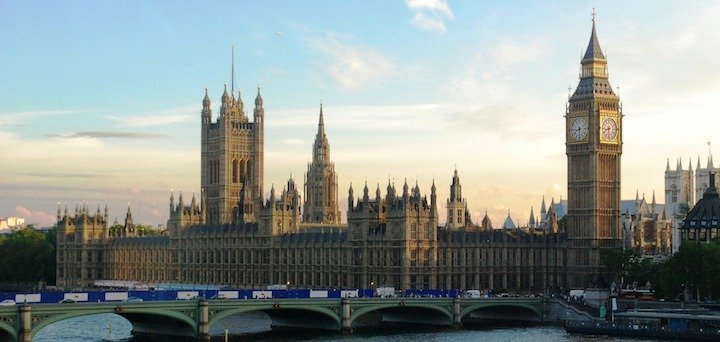
MPs have voiced scepticism over the ability of central government to ensure that local authority funding is sustainable into the next spending review period.
In a report on the financial sustainability of local authorities, a House of Commons select committee said that the Ministry of Housing Communities and Local Government (MHCLG) is “overly reliant” on a favourable outcome from the 2019 spending review.
It raised doubts about MHCLG’s ability to accurately estimate the sector’s funding needs, pointing out that councils with social care responsibilities overspent service budgets by more than £1bn, during the first year of the current spending review period, and used £858m of reserves.
Meg Hillier, chair of the communities select committee, said: “It is no secret that councils are under the cosh.
“The mystery is how central government expects their finances to improve when it has such an apparently shaky grasp of the issues.”
The report said that the department has failed to publish any of the work underlying its bid for cash during the 2015 spending review, leaving doubts about whether it understands the issues fully.
“This evidence is vital to make the case to Treasury for more funding, particularly at a time when there are so many competing calls for increased funding across Whitehall,” the report said.
Hillier added: “It beggars belief that the department responsible for the local government financial framework, and which takes the lead in assessing councils’ funding requirements, has neither an agreed measure of sustainability nor a clear definition of ‘unsustainable’.
“These are fundamental weaknesses in its approach to assessing the financial risks facing councils — and the sector as a whole — risks that, as the evidence bears out, are clear and pressing.”
The department also lacks a consistent and transparent method of assessing financial risk in local authorities, the report said.
The committee demanded that the ministry should write within six months setting out its approach to working with other central government departments to make a persuasive case for local authority funding at the next spending review.
The report said that although the ministry has a range of data and information to assess financial sustainability among councils, it does not share the methodology or results, meaning there is “therefore no shared definition of what financial sustainability means in practice in the local authority sector”.
MPs also voiced concern over the absence of a single point within government to monitor the impact of spending reductions on services. The report said this means the department may not know if pressures in one service area transfer rapidly to others.
Uncertainty over the 2019 spending review, the Fair Funding Review and the move to 75% rates retention means councils are unable to effectively manage financial planning within their medium-term financial strategies, according to the report.
“This makes it more difficult for local authorities to take a considered, long-term approach to delivering savings and making investments,” the report said.
“This is a risk both to the value-for-money of local authority spending and also to their financial sustainability.”
Hillier added: “Councils seeking to set budgets that are both sustainable and provide value for money need far greater clarity on the implications of changes to the way they are funded, and the amount of money they will have available.
“Central government’s view is, in effect, that it expects everything to work out in the end. We beg to differ.”
Richard Watts, chair of the Local Government Association’s resources board, said: “The next spending review will be make or break for local services and we agree that plugging the funding gap and placing local government on a long-term sustainable financial footing must be an urgent priority for the government.”
This week, the LGA estimated the funding gap faced by local authorities to keep services standing still at £7.8bn by 2025.
LGA chairman Lord Porter said: “If the government allows the funding gap facing councils and local services to reach almost £8bn by the middle of the next decade then our councils and local services will be damaged beyond recognition.
“The impact on society — all places, all generations, every person — will be hugely damaging.
“Millions of people will be deprived of the vital local services that help improve quality of life and bind communities together.”












